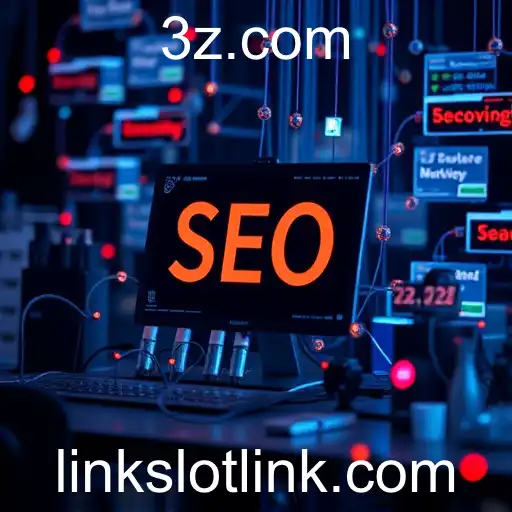
An exploration of the evolving trends in digital marketing, emphasizing the role of SEO and link-building strategies.
In recent years, digital marketing has rapidly evolved, driven by technological advancements and changing consumer behavior. As businesses continue to invest in online strategies to reach their target audiences, the importance of innovative digital marketing practices cannot be overstated. Among these practices, the role of SEO and link-building strategies, often facilitated by platforms like Linkslot, is increasingly pivotal.
Linkslot has emerged as a significant player, providing a platform for businesses to streamline their link-building processes. Link-building remains a primary factor in search engine optimization (SEO), impacting how websites rank on search engines like Google. In an era where online visibility can make or break a business, understanding and implementing effective SEO strategies has become essential.
Beyond traditional SEO, the landscape is witnessing a shift towards incorporating artificial intelligence (AI) and machine learning to analyze data, predict trends, and optimize marketing efforts. AI-powered tools offer personalized customer experiences, enhancing customer engagement and improving conversion rates. Utilizing big data analytics, marketers can understand consumer preferences in real time, allowing for more targeted advertising campaigns.
Social media platforms continue to play a crucial role in digital marketing. With the advent of new features across platforms like Instagram, TikTok, and LinkedIn, businesses are leveraging these spaces to connect with consumers on a more personal level. This trend encourages brands to create authentic, relatable content that resonates well with their audience.
Moreover, as concerns over data privacy grow, marketers are focusing on transparent practices that build trust with consumers. Compliance with regulations such as the General Data Protection Regulation (GDPR) is not just a legal obligation but also a competitive advantage, as transparency and security become key differentiators for consumers when choosing between brands.
The future of digital marketing lies in the seamless integration of technology and strategy to meet dynamic consumer demands. Companies nimble enough to adapt to these changes and invest in modern tools while maintaining ethical practices are poised to lead the market in the coming years.




